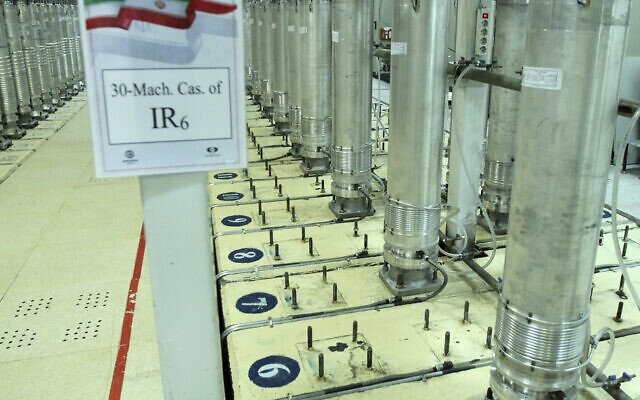Tehran refutes IAEA statement, says nuclear activities transparent
TEHRAN — The Iranian Foreign Ministry has reaffirmed the country’s commitment to maintaining a peaceful and transparent nuclear program under the vigilant supervision of the International Atomic Energy Agency (IAEA), despite confrontational actions by the United States and European nations. Speaking to reporters on Saturday, Foreign Ministry spokesperson Esmail Baqaei addressed recent statements by IAEA


TEHRAN — The Iranian Foreign Ministry has reaffirmed the country’s commitment to maintaining a peaceful and transparent nuclear program under the vigilant supervision of the International Atomic Energy Agency (IAEA), despite confrontational actions by the United States and European nations.
Speaking to reporters on Saturday, Foreign Ministry spokesperson Esmail Baqaei addressed recent statements by IAEA Director General Rafael Grossi regarding Iran’s enhanced uranium enrichment capabilities.
Grossi had told Reuters on Friday that “Iran is dramatically accelerating its enrichment of uranium to up to 60% purity, close to the roughly 90% level that is weapons grade.”
In response, Baqaei emphasized that Iran’s nuclear activities are fully compliant with the Treaty on the Non-Proliferation of Nuclear Weapons (NPT) and the Comprehensive Safeguards Agreement, ensuring that all activities remain peaceful and transparent.
He criticized the recent resolution passed by the IAEA Board of Governors, led by the U.S. and the European troika of Britain, France, and Germany.
The resolution, adopted without logical justification or legal basis, accused Iran of non-cooperation and demanded a comprehensive report on its nuclear activities by spring 2025.
In response to the anti-Tehran resolution, Iran began injecting uranium gas into new advanced centrifuges, further advancing its nuclear capabilities.
The spokesperson also noted that during Grossi’s recent visit to Tehran, several initiatives were proposed to enhance technical cooperation between Iran and the IAEA.
However, these efforts were undermined by European countries and the U.S., who pursued a policy of pressure and abuse of the Board of Governors, thus rendering Grossi’s efforts futile.
Baqaei reaffirmed that Iran’s nuclear program is pursued within the framework of international agreements and remains under the constant surveillance of the IAEA.
He stressed that Iran had precisely informed the IAEA about its recent nuclear activities, which involve the enrichment of uranium up to 60% purity, highlighting that these activities are conducted transparently and under the stringent supervision of the UN nuclear watchdog.
Baqaei concluded by asserting that Iran would not back down in the face of force and pressure, emphasizing the country’s readiness to interact positively but firmly when its rights are challenged.
The Joint Comprehensive Plan of Action (JCPOA), formed in 2015, was an agreement between Iran and the P5+1 nations that recognized Iran’s right to develop peaceful nuclear energy while imposing limits on its nuclear activities in exchange for lifting economic sanctions.
Nevertheless, following the U.S. exit from the agreement in 2018 and the reintroduction of sanctions, Iran has felt the need to progressively restore its rights and reduce certain constraints it initially accepted.
